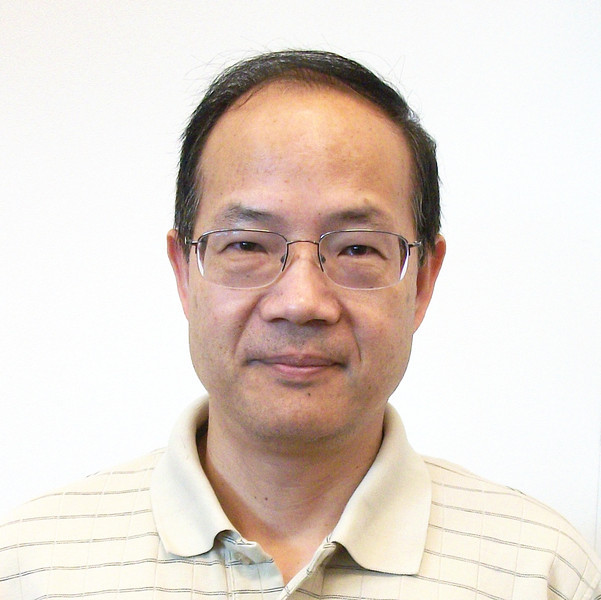Positions
Roswell Park Comprehensive Cancer Center
- Associate Professor of Oncology
Background
Education and Training
- PhD - 1994 - University of Nottingham, England
- MSc - 1986 - Hunan Agricultural University, PRC
Professional Memberships
- 2010-Present - Member of the Chi Institute of Chinese Medicine, IACUC
- 2009-Present - Editorial Board Member of the International Journal of Clinical and Experimental Medicine
- 2009-2011 - Member of the Research Facility and Space Utilization Subcommittee
- 2009-2011 - Member of the Subcommittee for Research Safety NF/SG VHS
- 2006-Present - Member of Board of Directors of the American Journal of Traditional Chinese Veterinary Medicine
- 2006-2011 - Member of the Research Task Force of the Pulmonary Division of Department of Medicine, University of Florida
- 2001-Present - Scientific Council Member of American Heart Association
- 1998-Present - Member of the Society for Free Radical Biology and Medicine
- 1991-1992 - Committee Member of the International Society at Sutton Bonington, England
Research Overview
Interest in tumor invasion, metabolic switch, and adaptive resistance, with particular focus on the mechanisms and therapeutic interventions of focal adhesion kinase (FAK) and insulin-like growth factor (IGF1R)-triggered cell-cell interactions, mitophagy, and survival.
Cancer parasitizes surrounding tissues. Tumor growth depends on a consistent supply of building materials for cell division and an additional space for new cells to occupy. Current observations indicate that tumor “eat” neighboring normal cells in vitro. Co-culturing cell models, dynamic tracing, and invasion/metastasis reporter mice are used to test the hypothesis of tumor conquering stromal cells. First of all, cancer cells breakdown the extracellular matrix and membrane of a host cell. FAK is accumulated at the edge of the invading cells, and FAK recruits partners to the attacking point. The signal events that lead to the destruction of the cell barrier are currently under investigation. Second, current observations indicate that tumor can promote mitochondrial degradation or mitophagy and a metabolic shift in the hosts. The role of FAK binding to IGF1R in the mitochondrial-to-glycolytic shift is elucidated. Finally, host cells eventually die and are replaced by invading cancer cells. Whether the cell death is due to extensive structural destruction and/or induced by invading tumor is determined.
Pre-clinical drugs “normalize” adoptive resistant tumor. A fraction of cancer cells develop resistance to chemotherapy. Gene expression of chemo-sensitive and -resistant tumor cells is being profiled to reveal specific signaling for the resistance. Small molecules are screened to identify compounds that target the specific tumor conquering process in the resistance cells. The targeted anti-cancer drugs are expected to have minimal side-effects since abnormal activation of the invasive process is a unique phenomenon of cancer but not normal tissues.
